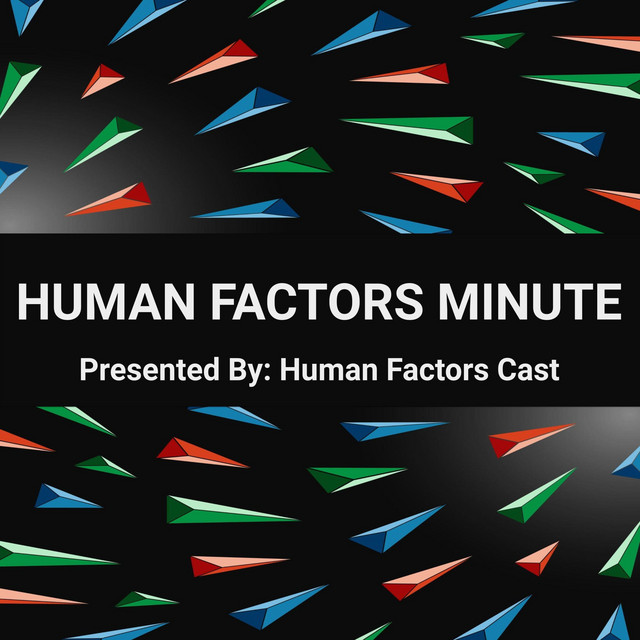bonus
Common Oversights in Sustainable Thinking
Addressing climate change, and sustainability efforts requires us to change our beliefs, assumptions, and thinking about the environment, our economies, and our well being.
In order to change these, we must be aware of many common oversights when considering sustainable thinking.
Most people look for evidence that confirms existing beliefs and tend to reject contradictory information, resulting in confirmation bias.
When considering the future, it's easy to have misplaced confidence that the future will be similar to the past, which will make it difficult to identify mistakes and alter behavior when conditions change.
Humans have a tendency to have wishful thinking, and believe that more favorable outcomes are more likely to happen than undesirable ones.
Many choose to associate only with people who share their views, which often results in belief polarization, sometimes even to the effect of denying the existance of climate change.
By directly addressing our biases and oversights when considering climate change and sustainability, we can begin to reflect on how we, as humans, are thinking about the problem space, and what needs to get done from a more objective perspective.
This is just one of the many ways in which Human Factors can contribute to ensure minimal waste makes it to the ocean
To donate to #teamseas or to find out more about the #teamseas campaign, visit teamseas.org
Be sure to check out our main show at our official website: https://www.humanfactorscast.media
Support us on these platforms to get access to the entire Human Factors Minute library:
- Patreon: https://www.patreon.com/humanfactorscast
- Buy us a coffee: https://www.buymeacoffee.com/hfactorspodcast
Join us on Discord:https://go.humanfactorscast.media/Discord
Follow us:
- Human Factors Cast Merchandise Store: https://www.humanfactorscast.media/p/Store/
- Follow us on Twitch: https://twitch.tv/HumanFactorsCast
- Follow us on YouTube: https://www.youtube.com/HumanFactorsCast
- Follow us on LinkedIn: https://www.linkedin.com/company/humanfactorscast
- Follow us on Twitter: https://www.twitter.com/HFactorsPodcast
- Follow us on Facebook: https://www.facebook.com/HumanFactorsCast
Resources:
- Music by Kevin McLeod: https://incompetech.com/music/royalty-free/
Mentioned in this episode:
Support us on Patreon for access to the full library of Human Factors Minute
https://www.patreon.com/humanfactorscast
Transcript
Addressing climate change, and sustainability efforts requires us to change our beliefs, assumptions, and thinking about the environment, our economies, and our well being.
In order to change these, we must be aware of many common oversights when considering sustainable thinking.
Most people look for evidence that confirms existing beliefs and tend to reject contradictory information, resulting in confirmation bias.
When considering the future, it's easy to have misplaced confidence that the future will be similar to the past, which will make it difficult to identify mistakes and alter behavior when conditions change.
Humans have a tendency to have wishful thinking, and believe that more favorable outcomes are more likely to happen than undesirable ones.
Many choose to associate only with people who share their views, which often results in belief polarization, sometimes even to the effect of denying the existance of climate change.
By directly addressing our biases and oversights when considering climate change and sustainability, we can begin to reflect on how we, as humans, are thinking about the problem space, and what needs to get done from a more objective perspective.
This is just one of the many ways in which Human Factors can contribute to ensure minimal waste makes it to the ocean
To donate to #teamseas or to find out more about the #teamseas campaign, visit teamseas.org


